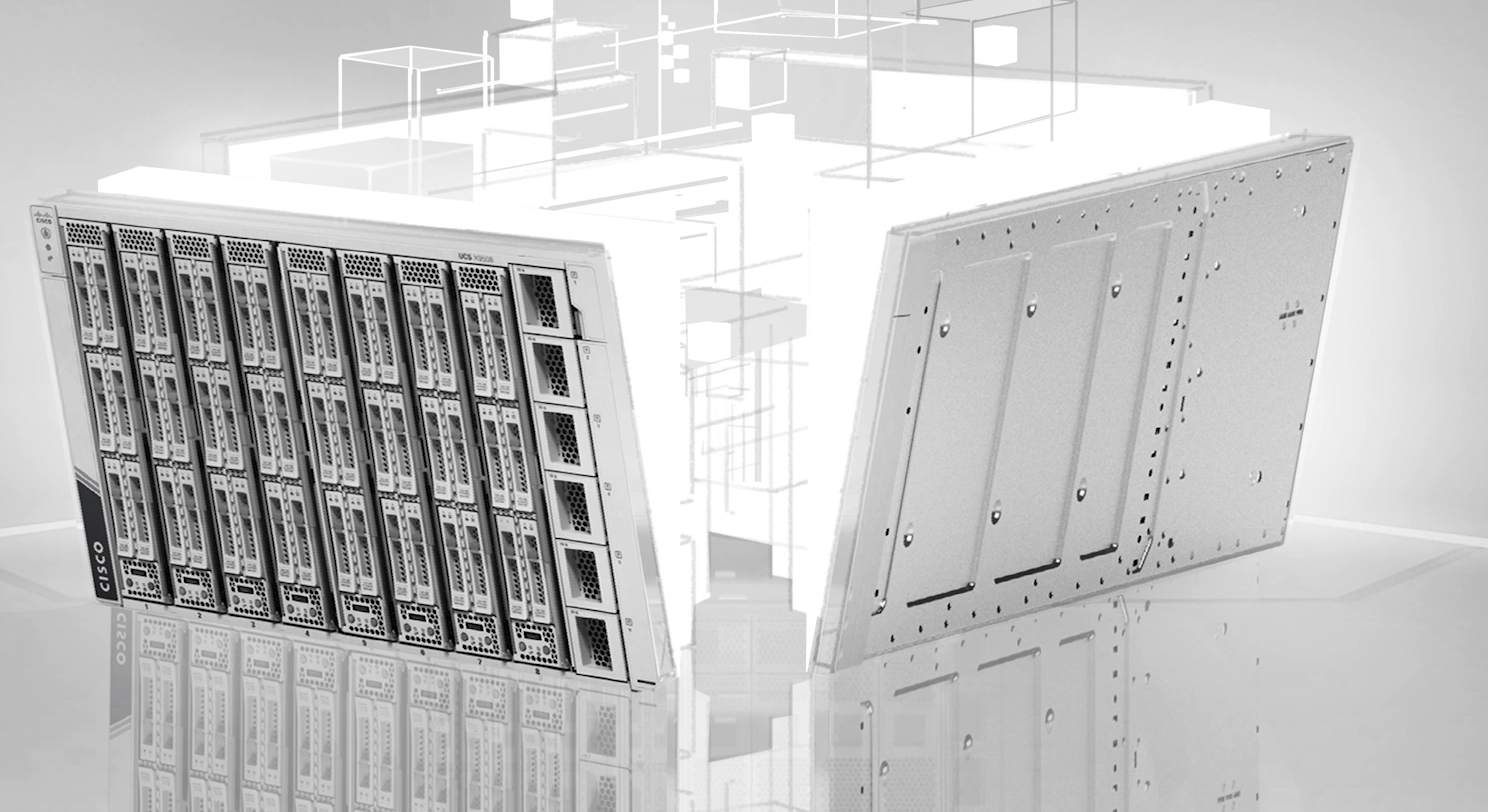- Sony will give you a free 55-inch 4K TV right now - but this is the last day to qualify
- I've used virtually every Linux distro, but this one has a fresh perspective
- I replaced my JBL speaker with this surprise alternative. Here's why it's my new top pick
- I replaced my JBL speaker with this surprise alternative. Here's why it's my new top pick
- Every dad should build their toolkit with theses 10 DIY gadgets
VDI to GPU Accelerated VDI – Cisco UCS X-Series with X-Fabric Technology

One thing that surprises many in IT is how much of a difference a GPU makes for VDI. Lakeside Software’s white paper How GPUs Accelerate Work-From-Home Productivity has some interesting statistics. One key point is that in 2020, the percentage of time using graphical apps reached 65.5% for VDI users. This means that any worker type will benefit from GPU-accelerated VDI, not just users using applications like CAD/CAM.
Decoupled refresh lifecycles
One of the great things about X-Series modularity is the ease with which you can add or upgrade the individual elements: CPU/server, I/O, or GPUs. If your application benefits from GPUs, why replace the server when you only want to upgrade the GPUs? While I know they exist, I’ve never met a customer who replaced a GPU in a production server. They’ve always deployed a new server to upgrade the GPU. They’ve told me it is simpler that way. With X-Series, that changes. You simply replace the GPU associated with the server. Nothing to rack; nothing to cable. After swapping out the PCIe/GPU node, you rediscover the server in Cisco Intersight and your newer, faster GPUs are ready for production. The modularity of the UCS X-Series architecture has real TCO benefits.
Adding a GPU to X-Series
Depending upon the configuration, the UCS X440p PCIe Node can have up to four NVIDA GPUs installed. These are the same GPUs used in our UCS C-Series Rack Servers and are great for not only VDI but other workloads like AI/ML. The X440p works in conjunction with the UCS 9416 X-Fabric Modules installed in the rear of the X9508 Chassis. It extends the PCIe bus from the UCS X210c Compute Node in an odd slot, to the X440p in the even slot. Together, they form a dual-wide node server with GPUs. You can have greater GPU density per RU by using X-Series over rack servers when also adding two GPUs to the X210c server node. Watch the video below to see how easy it is to add X-Fabric GPUs to a server.
Summing up
VDI users with accelerated, GPU enhanced desktops will have a better experience and be more productive. Adding GPUs to modular, blade servers has never been simpler or quicker. X-Series protects and extends your investment with a modular form factor. You can upgrade only the components that add benefit to your business be it the CPU/server, I/O, or GPUs.
What’s next
Last week’s blog covered server deployment. Over the coming weeks, I’ll be publishing a more X-Series blogs with short videos on performance, converged infrastructure, and networking among other topics. Come back next week to read about automation with Ansible.
Resources
Share:

